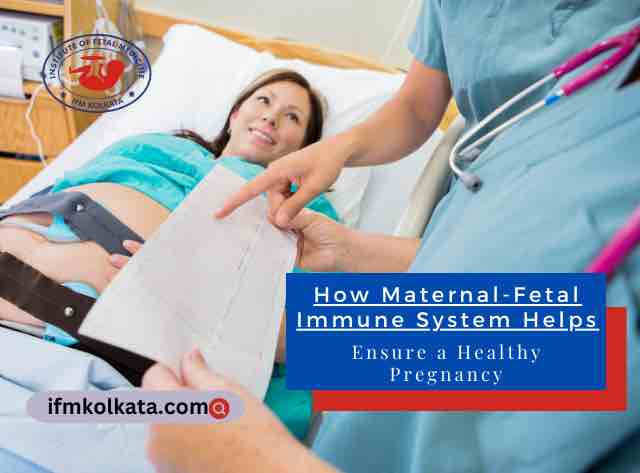One of the most anticipated and joyous moments during early pregnancy is hearing the fetal heartbeat. However, many parents experience confusion or anxiety when their doctor confirms a fetal heartbeat on an ultrasound, yet they themselves cannot hear it. Understanding why this happens can provide reassurance and clarity during those first weeks.
Why Can’t Parents Hear the Fetal Heartbeat Early On?
There are several reasons why parents may not be able to hear the heartbeat even though it is detected by medical equipment:
- Ultrasound Imaging vs. Doppler Device:
Doctors often use ultrasound scans (either transvaginal or abdominal) during early pregnancy to visualize the fetal heartbeat. The heartbeat is seen as a flicker or motion on the screen. The “sound” heard during these scans usually comes from the ultrasound machine’s speaker and is not the actual heartbeat sound audible to parents.
In contrast, handheld Doppler devices, which pick up sound waves from the heartbeat, are typically used later in pregnancy to allow parents to hear the heartbeat directly. - Early Pregnancy Limitations:
Before approximately 10 to 12 weeks of gestation, the fetal heart is extremely small, and the sound waves it generates are very faint. This makes it difficult for Doppler devices to pick up and amplify the heartbeat sound reliably. - Position and Size of the Fetus:
The fetus’s position inside the uterus and its small size can also affect the clarity and audibility of the heartbeat sound. If the baby is positioned deep inside the uterus or behind the placenta, it may be harder to detect the heartbeat audibly.
When Can Parents Expect to Hear the Fetal Heartbeat?
- Typical Timeline for Audible Heartbeat:
Most parents can hear the fetal heartbeat using a Doppler device or a stethoscope-like tool around 10 to 12 weeks of pregnancy. This is when the fetal heart has grown enough and the sound waves are strong enough for detection. - Before Audible Detection:
Prior to this period, doctors primarily rely on ultrasound imaging to confirm the heartbeat visually rather than audibly.
Tips for Parents During Early Pregnancy
- Don’t Panic if You Can’t Hear It:
Not hearing the heartbeat at an early stage is completely normal and usually not a sign of any problem. - Trust the Doctor’s Ultrasound Confirmation:
The visual confirmation of a heartbeat via ultrasound is the most reliable and important sign of fetal viability. - Ask Questions and Stay Informed:
Use your prenatal visits to clarify doubts and ask your healthcare provider for reassurance and explanation. - Be Patient:
Remember that fetal development and detection technology have limits in very early pregnancy, and the audible heartbeat is usually detected soon after this early phase.
Hearing the fetal heartbeat is an exciting milestone, but parents should not worry if it is not audible in the very early weeks. The doctor’s confirmation through ultrasound is what truly matters at this stage. As pregnancy progresses, the heartbeat sound becomes easier to detect and hear, providing increasing reassurance to parents.






